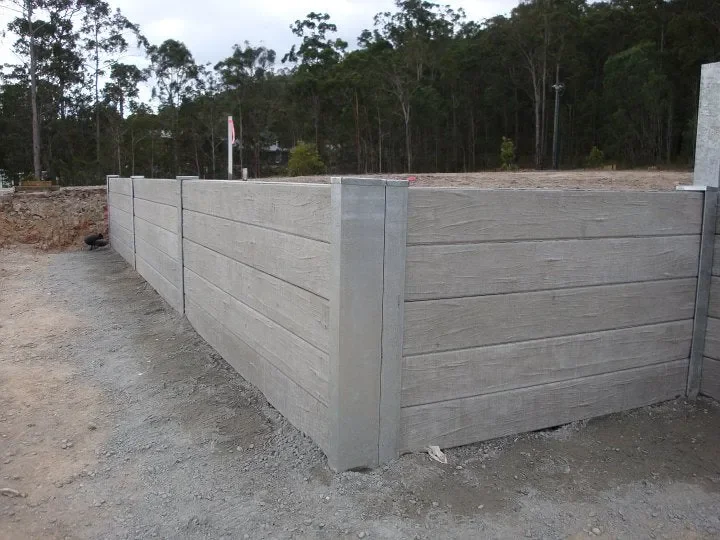How Much Do Retaining Walls Cost in Australia? A Complete Guide
If you’re planning to build a retaining wall in your backyard, driveway, or garden, one of the first questions on your mind is likely: “How much will it cost?” Retaining walls are an essential part of landscaping and property management, helping to prevent soil erosion, manage slopes, and create functional outdoor spaces. However, their cost can vary widely depending on size, material, design, and location.
In this article, we break down the factors affecting retaining wall costs in Australia, give you realistic price ranges, and provide tips to get the best value from your investment.
1. Factors That Influence Retaining Wall Costs
There are a number of factors which can influence the total cost associated with building a retaining wall:
a) Material Choice
The type of material you choose has the biggest effect on cost. Average prices associated with retaining wall construction in Australia is as follows:
Concrete Blocks: $300 – $600 per square metre
Timber Retaining Walls: $200 – $450 per square metre
Natural Stone or Limestone: $500 – $1,000+ per square metre
Gabion Walls (Wire Mesh with Rocks): $400 – $800 per square metre
b) Wall Height and Length
Taller walls require more materials, labour, and often engineering and council approvals.
A 1-metre high wall costs significantly less than a 2-3 metre high wall of the same length.
c) Labour and Installation
Skilled installation is critical for long-lasting walls.
Labour costs in Australia typically range from $70 – $120 per hour, depending on the complexity of the project.
d) Site Conditions
Sloped or uneven terrain, poor soil quality, or difficult access can increase costs.
Additional drainage, footings, or retaining systems may be required.
e) Design & Finishing
Decorative finishes, curved designs, or integrated landscaping features add to the overall price.
2. Additional Costs to Consider
When budgeting, don’t forget to factor in:
Excavation & Earthmoving – $500 – $2,000 depending on soil and slope
Drainage Solutions – Proper drainage is essential to prevent wall failure
Engineering / Council Approvals – Required for walls over 1 metre in height
Failing to include these costs can result in unexpected expenses or structural issues down the line.
3. Tips to Save on Retaining Wall Costs
Compare Materials – Timber may be cheaper upfront, but concrete or stone lasts longer.
Plan Efficiently – Straight, simple walls are cheaper than curved or complex designs.
Hire Experienced Contractors – Quality workmanship reduces future maintenance costs.
Consider DIY for Small Walls – Small garden walls under 1 metre may be suitable for DIY projects.
4. Why TJR Construction Adelaide is the Right Choice
At TJR Construction Adelaide, we specialise in designing and building retaining walls for both residential and commercial projects. Our services include:
Custom-designed retaining walls to suit your landscape
Professional installation with engineered solutions
Full compliance with South Australian council regulations
Quality materials and workmanship to ensure longevity
Whether you’re planning a small garden wall or a large structural retaining wall, our team can provide accurate quotes, expert advice, and professional installation.
Conclusion
Retaining walls are a significant investment in your property, both functionally and aesthetically. Understanding the factors that affect cost — from materials and height to labour and site conditions — is essential for planning your project effectively.
If you’re looking for reliable, high-quality retaining wall construction in Adelaide, contact TJR Construction today for a free consultation and detailed quote.
Visit our retaining walls page for more information, or to get a quote on having a retaining wall built.

